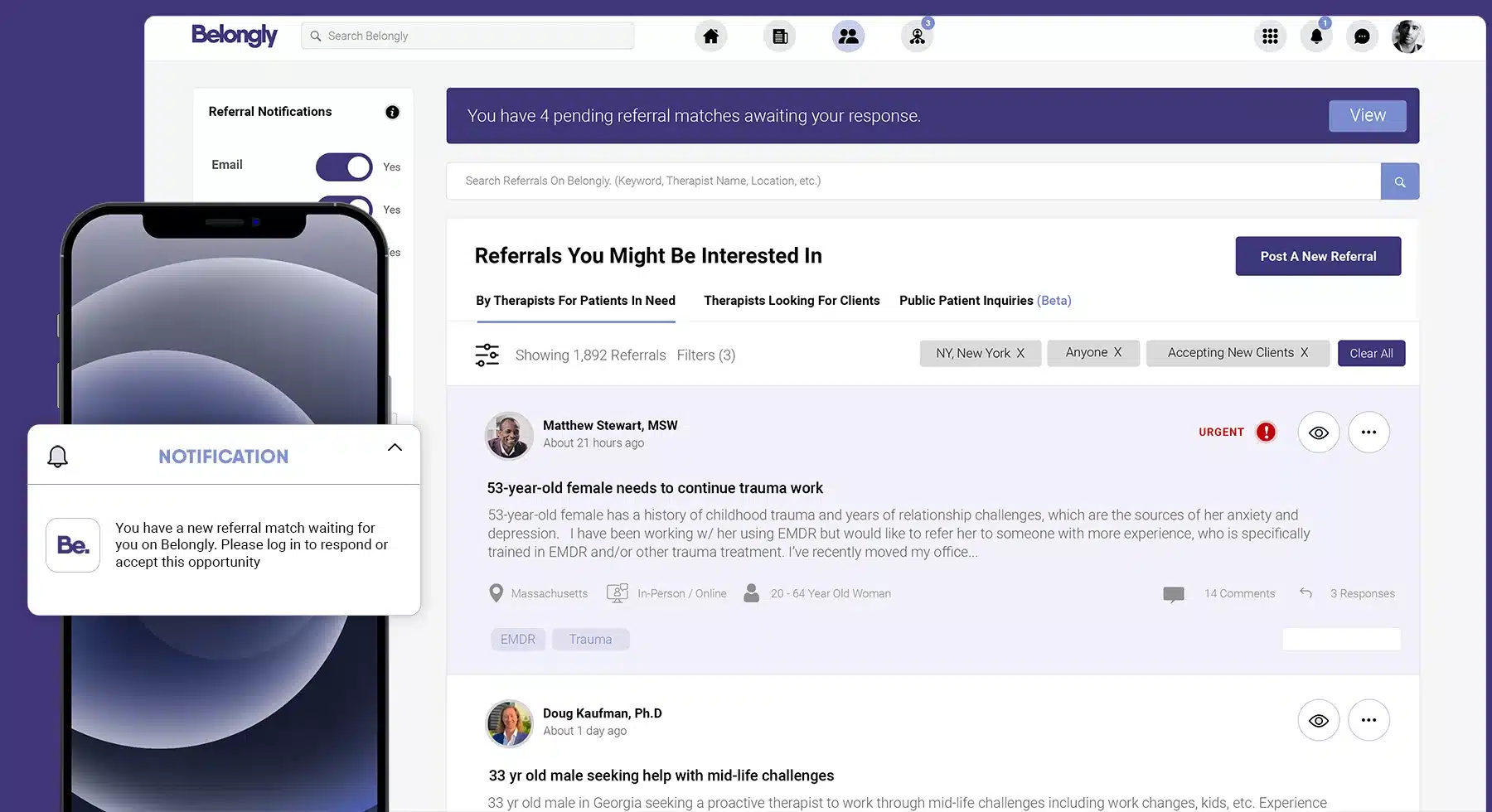With the advent of telehealth, patients seeking mental health services no longer have to limit their searches to therapists within driving distance. However, until recently, many patients were still restricted to providers licensed within their home states. PSYPACT hopes to remove this obstacle by enabling psychologists to practice across state lines.
What is PSYPACT?
PSYPACT, short for Psychological Interjurisdictional Compact, is an interstate agreement allowing psychologists to see patients from states where they are not licensed. The Association of State and Provincial Psychology Boards (ASPBB) approved PSYPACT in February 2015. There are currently 39 states that participate in PSYPACT.
Who can join PSYPACT?
Currently, only psychologists with doctoral degrees can apply to PSYPACT. In addition, you must be licensed in a PSYPACT-participating state. (To see if your state participates, click here.)
There are two ways to practice under PSYPACT. The first is via the Authority to Practice Telepsychology, or ATIP. The second is the Temporary Authorization to Practice, or TAP, which allows you to conduct face-to-face sessions for a maximum of 30 days per calendar year.
ATIP and TAP carry many of the same requirements. For a summary of ATIP and TAP requirements, click here.
What are the advantages of PSYPACT?
PSYPACT offers numerous advantages for both psychologists and patients. Psychologists have access to a wider pool of prospective patients, and patients are not restricted to seeing therapists who are licensed in their home states. Psychologists no longer have to apply for and maintain licenses in every state in which they practice, and patients get continuity of care when they move across state lines. This flexibility is especially useful for populations such as colleges students or “snow birds” with multiple residences. Note, however, that under PSYPACT, psychologists must identify a single “home state” and conduct telehealth sessions from that state only.
Are there any legal or ethical considerations to be aware of when practicing across state lines?
PSYPACT can complicate compliance with state regulations, since each state has its own laws. For example, Illinois has a duty to warn requirement in cases of possible violence against identifiable victims, while Nevada carries no such requirement. Consequently, the APA advises that psychologists learn about the regulations of the home states and jurisdictions of their patients. Discuss with your patients how you will handle any conflicts between state regulations and make this a part of your informed consent process.
You should also establish a procedure for handling emergencies across state lines and review this protocol with your patients. For example, if you practice in Texas, and your patient lives in Colorado, you might want to help your patient identify crisis intervention services that you or they could call in the case of an emergency.
Of course, telehealth carries risks to confidentiality that in-person sessions do not. You can minimize the risks for both you and your patient by using HIPAA-compliant platforms like Doxy.me for telehealth and Ivy Pay for client payments. You should also use secure messaging whenever possible. Google Workspace now offers HIPAA-compliant email, as do many practice management platforms.
How do I join PSYPACT?
First, you should determine whether you want to apply for ATIP or TAP. ATIP enables you to practice telehealth across state lines, while TAP allows you to temporarily conduct face-to-face sessions in a different state. Both ATIP and TAP follow a similar application process:
Create an account at psypro.org/Account/Register.
Fill out the required personal information, such as licensure and address.
Under “Select an Activity,” choose either “Practice Telepsychology Under PSYPACT” or “Practice Temporarily Under PSYPACT.”
Fill out the application and pay the associated fees. For ATIP, you’ll pay $440 upfront and then $100 annually. For TAP, you will pay $240 total. These amounts do not include any fees charged by your educational institution for official transcripts, which are required for both applications.
Submit your application for review.
The official PSYPACT site states that due to “a very high volume of applications,” they cannot provide an estimate for how long it will take to process your application. However, participating psychologists report turnaround times of anywhere from 2 weeks to 2 months.
Keep Reading
Want more? Here are some other blog posts you might be interested in.










